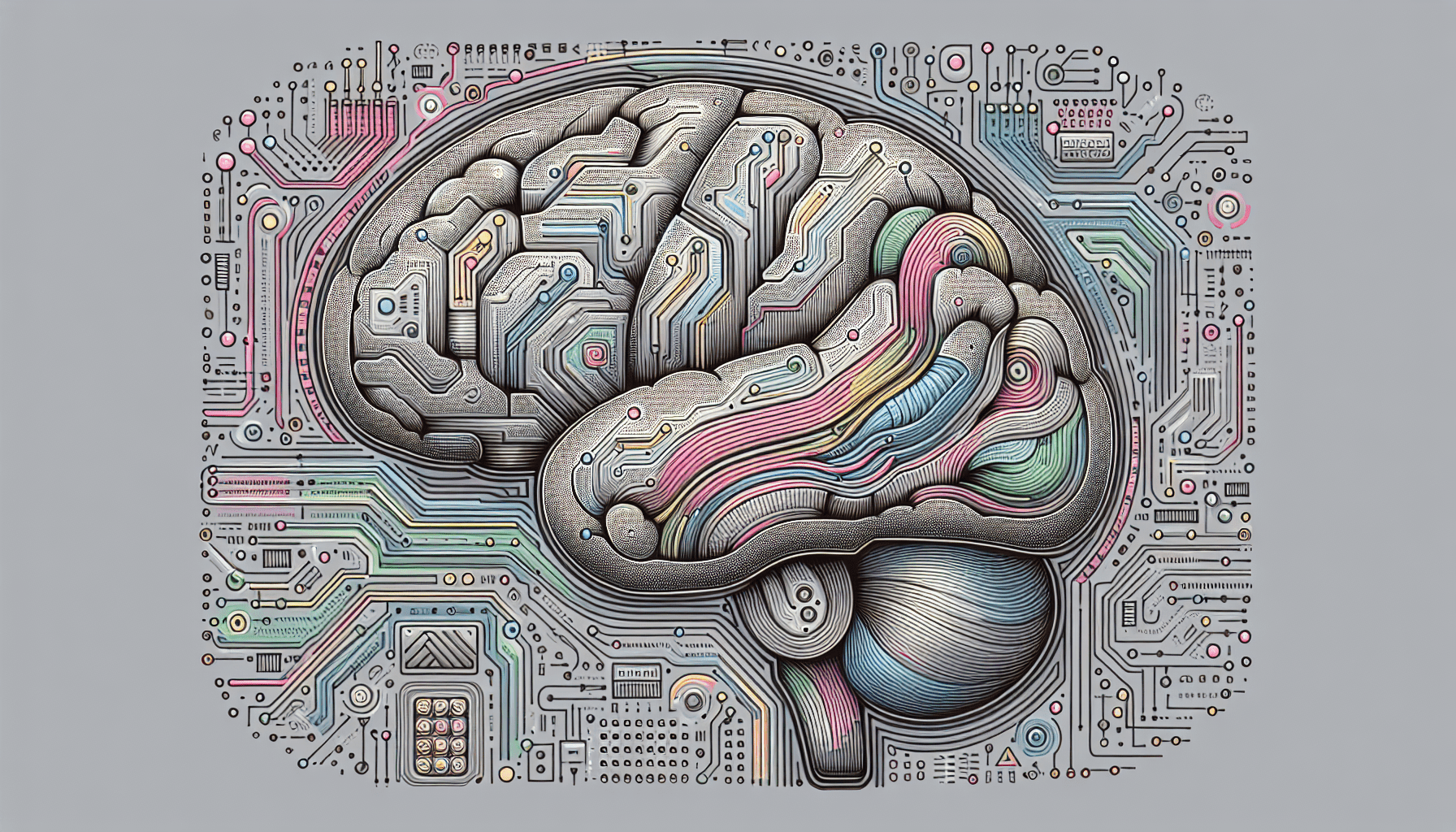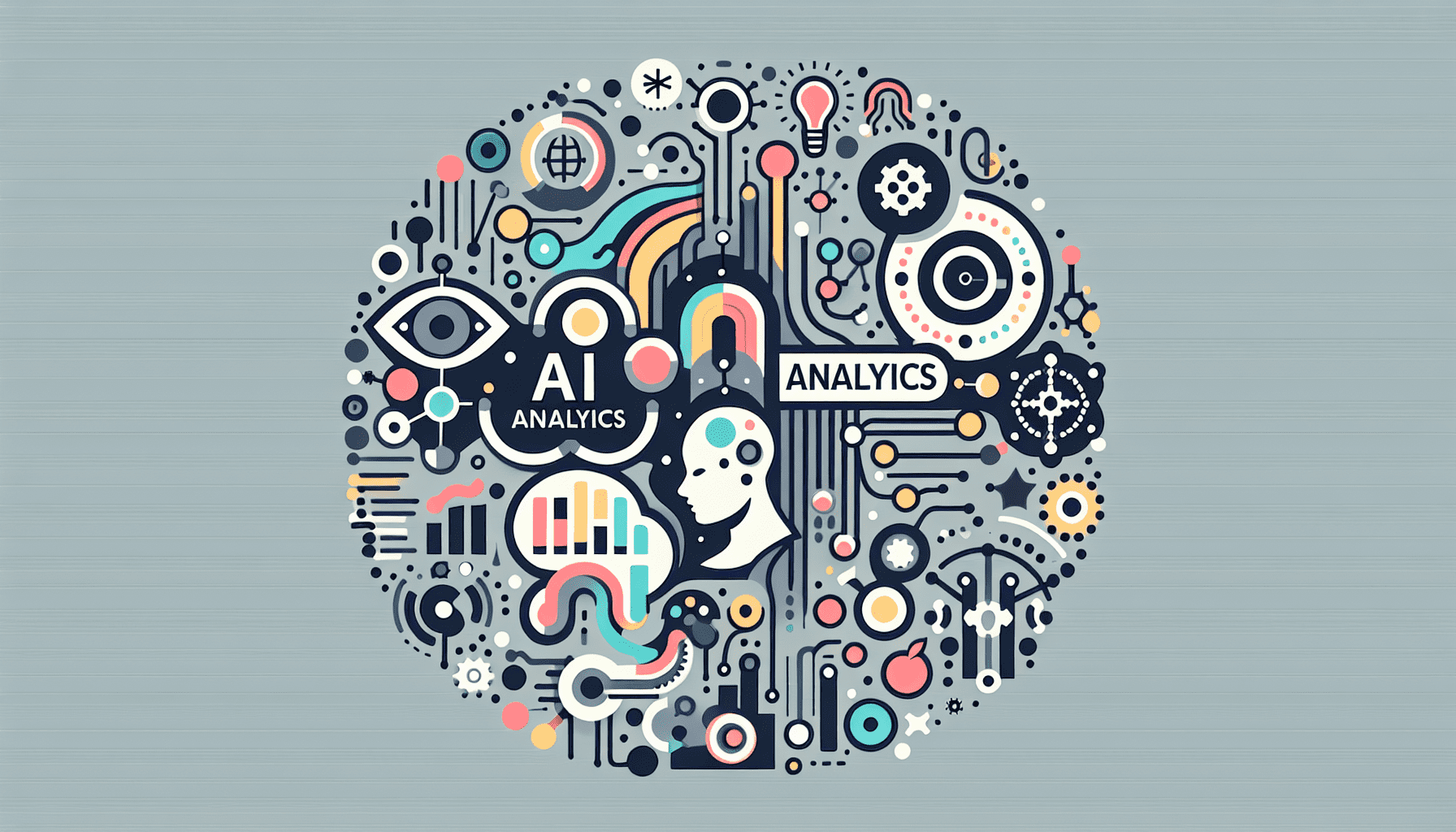AI Analytics Unveiling the Future of Data-Driven Decision Making

AI Analytics Briefly Summarized
- AI Analytics combines artificial intelligence (AI) and machine learning (ML) with traditional analytics to uncover deeper insights, predict outcomes, and automate decision-making processes.
- It enhances business intelligence by processing large volumes of complex data at high speeds, leading to more accurate and actionable insights.
- Key applications include consumer goods, healthcare, retail, finance, and technology sectors, among others.
- AI Analytics tools are evolving to provide functionalities like natural language processing, automated report generation, and advanced data visualization.
- The field is redefining how businesses approach data analysis, emphasizing the importance of AI in gaining a competitive edge.
The realm of data analysis has been transformed by the advent of artificial intelligence (AI), giving rise to a new discipline known as AI Analytics. This innovative field merges the computational power of AI with the traditional methods of data analysis to provide unprecedented levels of insight and automation. In this comprehensive guide, we will explore what AI Analytics entails, its significance, the technologies that drive it, and its myriad applications across various industries.
Introduction to AI Analytics
AI Analytics is an emerging field that brings together the world of artificial intelligence and machine learning with analytics. It involves leveraging advanced technologies like machine learning, natural language processing (NLP), and data visualization to enhance decision-making capabilities. By automating the analysis of data, AI Analytics allows for the processing of large volumes of complex data at high speeds, leading to quicker and more accurate business insights.
The essence of AI Analytics lies in its ability to not only analyze past data but also to predict future trends and behaviors, making it an invaluable asset for any data-driven organization.The Technologies Behind AI Analytics
AI Analytics is underpinned by several key technologies:
- Machine Learning: At the heart of AI Analytics is machine learning, which enables systems to learn from data, identify patterns, and make decisions with minimal human intervention.
- Natural Language Processing: NLP allows machines to understand and interpret human language, making it possible to analyze unstructured data like social media posts, customer reviews, and open-ended survey responses.
- Data Visualization: Advanced visualization tools in AI Analytics help in presenting data findings in a clear and impactful way, facilitating better understanding and communication of insights.
- Automated Report Generation: AI Analytics can automate the creation of reports, saving time and ensuring that stakeholders receive timely and relevant information.
The Importance of AI Analytics
AI Analytics is not just a technological advancement; it's a business imperative. In today's fast-paced world, the ability to quickly process and analyze data can be the difference between staying ahead of the competition or falling behind.
- Speed and Efficiency: AI Analytics dramatically speeds up the analysis process, allowing businesses to respond to changes in real-time.
- Accuracy and Depth of Insight: By harnessing the power of AI, companies can achieve a more complete understanding of their data, uncovering insights that might otherwise be missed.
- Predictive Capabilities: AI Analytics can forecast future trends, enabling businesses to be proactive rather than reactive.
Applications of AI Analytics
AI Analytics has a broad range of applications across various sectors:
- Consumer Goods: Companies can predict market trends, optimize inventory, and personalize marketing efforts.
- Healthcare: AI Analytics can help in diagnosing diseases, predicting patient outcomes, and personalizing treatment plans.
- Retail: Retailers use AI Analytics for customer segmentation, sales forecasting, and optimizing supply chains.
- Finance: In the financial sector, AI Analytics is used for risk assessment, fraud detection, and algorithmic trading.
- Technology: Tech companies leverage AI Analytics for product development, user experience enhancement, and service optimization.
Industry Use Cases
- Fractal Analytics: This American multinational artificial intelligence company provides AI Analytics services across sectors like consumer goods, insurance, and healthcare, showcasing the versatility of AI Analytics applications.
- Automated Insights: Businesses are using AI to automatically generate insights from data, which can be used to inform strategic decisions.
- Data Democratization: AI Analytics tools are making data more accessible to non-experts, allowing a wider range of stakeholders to engage with data analysis.
The Future of AI Analytics
The future of AI Analytics is bright, with continuous advancements in AI and ML technologies. We can expect even more sophisticated analytics capabilities, such as:
- Enhanced predictive analytics with greater accuracy.
- More intuitive data visualization tools.
- Increased automation in data analysis processes.
Conclusion

AI Analytics represents a paradigm shift in how we approach data analysis. By integrating AI and ML into analytics, businesses can unlock new levels of insight, efficiency, and competitive advantage. As the field continues to evolve, the potential applications and benefits of AI Analytics will only expand, making it an essential tool for any organization looking to thrive in the data-driven economy.
FAQs on AI Analytics
What is AI Analytics? AI Analytics is a type of data analysis that uses machine learning and other AI technologies to process and analyze large amounts of data to identify patterns, trends, and make predictions.
Why is AI Analytics important? AI Analytics is important because it enables businesses to process data more quickly and accurately, uncover deeper insights, and make more informed decisions.
What industries can benefit from AI Analytics? Virtually all industries can benefit from AI Analytics, including consumer goods, healthcare, retail, finance, and technology.
How does AI Analytics differ from traditional analytics? AI Analytics differs from traditional analytics in its ability to learn from data, predict future trends, and automate decision-making processes.
What are some challenges associated with AI Analytics? Challenges include ensuring data quality, managing data privacy and security, and the need for skilled professionals to interpret AI-generated insights.
Sources
- Fractal Analytics
- What is AI Analytics? - Anodot
- AI analytics explained: How it works and key industry use cases
- AI Analytics: What It is, Why It Matters, & Use Cases | Qlik
- What is AI analytics? | Cognizant
- What Is AI in Data Analytics? - GoodData
- AI Analytics Guide - AnswerRocket
- The Best 10 AI Tools to Analyze Data in 2024 - Polymer Search
- 5 Unique Ways to Use AI in Data Analytics - DataCamp
- What Is AI Analytics? - HubSpot Blog
- How AI Is Rewriting the Rules of Data Analysis - IIBA